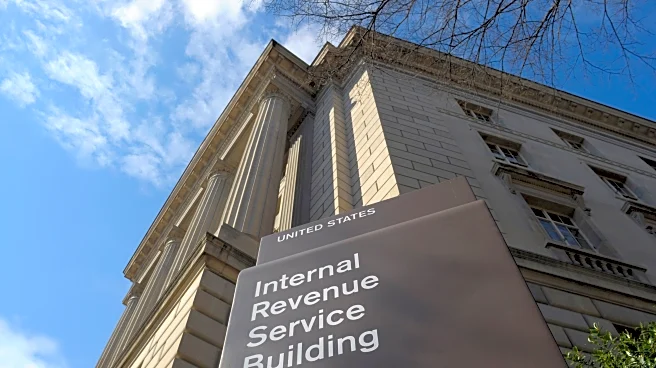What's Happening?
The Department of Justice (DOJ) has initiated legal action against the states of Maine and Oregon for their refusal to provide complete voter rolls to the Trump administration. This move is part of a broader effort by the DOJ to obtain voter registration data from various states, which has led to significant controversy and resistance from state election officials. Harmeet Dhillon, head of the DOJ's Civil Rights Division, announced the lawsuits, emphasizing the importance of compliance with federal voting laws. State officials, including Maine's Secretary of State Shenna Bellows and Oregon's Secretary of State Tobias Read, have criticized the DOJ's actions, citing concerns over privacy and federal overreach.
Why It's Important?
This legal confrontation underscores a growing tension between federal and state authorities over the management of voter information. The DOJ's push for voter data is seen as part of President Trump's broader strategy to assert federal control over elections, particularly ahead of the upcoming midterms. The outcome of this legal battle could have significant implications for state-federal relations and the balance of power in managing electoral processes. It also raises questions about privacy and the extent of federal authority in state-run elections, potentially affecting voter confidence and participation.
What's Next?
The legal proceedings will likely continue to unfold in the courts, with both Maine and Oregon preparing to defend their positions. The outcome could set a precedent for how similar disputes are handled in the future. Additionally, other states may watch closely to see how this case impacts their own handling of voter data requests from the federal government. The political ramifications could also influence upcoming elections, as both parties strategize around the control of voter information.











